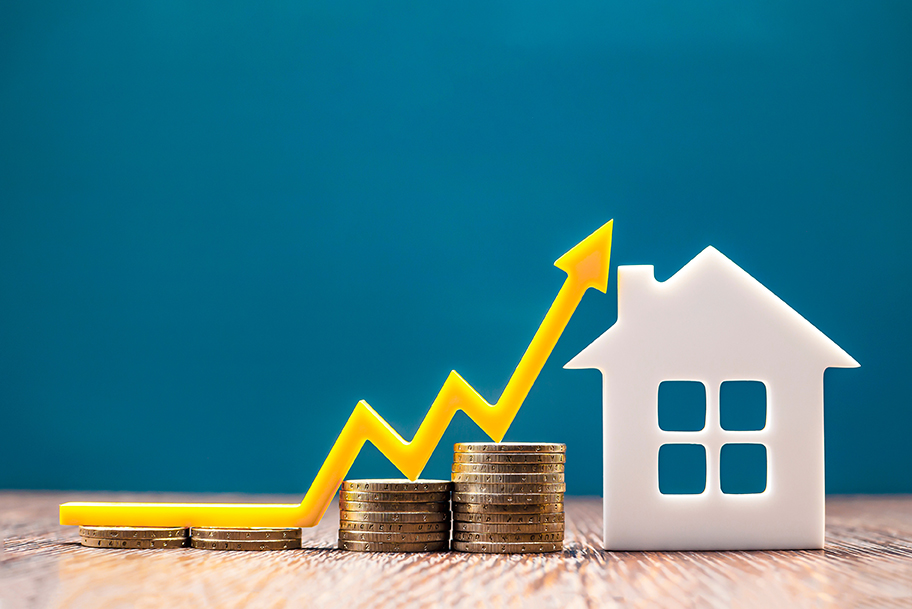Despite rising concerns surrounding the UK economy, house prices continue to defy gravity by climbing higher than ever. However, the price rise seems to be slowing. For now, anyway.
The average cost of a UK home increased to £278,000 in March 2022, which was a rise of £24,000 in a single year. The rate at which house prices are rising slowed for the third month in a row in June, although the housing market is showing more resilience than some economists had feared. Since then, the rise of house prices has slowed but remained much more stable than commentators expected.
Plan Insurance can accommodate your Property Owners & Landlord Insurance needs. Just fill in our short call back form, and our professional brokers will be in contact to arrange your insurance.
Forecasting the House Price Landscape Across the 2020s
In May, estate agent Knight Frank predicted that price growth would be about 5% this year, 1% in 2023, 2% a year in both 2024 and 2025 then 3% in 2026.
Building society Nationwide says that there are ‘tentative signs of a slowdown, with mortgage approvals falling back to pre-pandemic ones. Just a few months ago, estate agents were reporting fierce competition between buyers, fighting tooth and nail to nab desirable properties.
Now, many agents have reported that this trend has softened slightly. Instead, agents are receiving a ‘normal’ number of inquiries. Momentum seems to be slowing, but the housing market was on fire only a few months ago, so it is hard to tell whether it is slowing to a stop or going back to normality after the chaos of the pandemic.
The Truth: No One Knows What Is To Come
Nationwide’s chief economist, Robert Gardner, said consumer confidence is already at a record low, thanks to tight budgets due to high inflation and the cost-of-living crisis. However, the job market is strong. The unemployment rate is at a 50-year low, with the number of job vacancies exceeding the number of unemployed people.
As the cost-of-living crisis continues and mortgage rates rise, it seems short-sighted not to expect an effect on the housing market. Before the pandemic, the average monthly mortgage repayment in the UK was £804. By the end of 2021, that number was £915 and is now it sits at around £1,080. As a result, most pundits believe that a fall in house prices is inevitable, considering the recent rise in mortgage rates.
Seller Behaviour is Changing Along with Buyer Behaviour
While buyers are no longer frantically fighting over houses, sellers are beginning to sell with increasing desperation.
The Telegraph reported that homeowners are racing to put properties on the market, fearing that their property will lose value after a market crash. The number of home valuations seems to be steadily increasing as the number of inquiries decreases. Many sellers want to make the most of record high prices before demand dwindles.
It is hard to know if this is simply fear, which has been worsened by the chaos of going in and out of the pandemic, or an early sign of what is to come?
Among many things, house prices are affected by supply and demand. For example, if sellers think prices are going to go down, then they are more likely to rush to sell, so there will be more supply, and prices are subsequently expected to go down.
Tim Bannister, of Rightmove, said that recently they have noticed “a slight easing of the market and the pace of price growth compared to the exceptional levels of last year, and now we are seeing signs of some of the pressure on stock easing too.”


